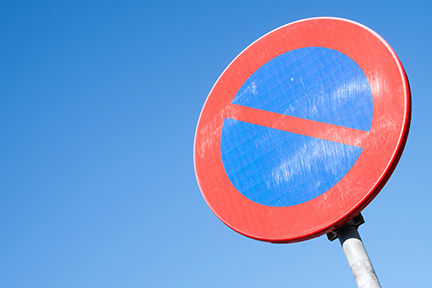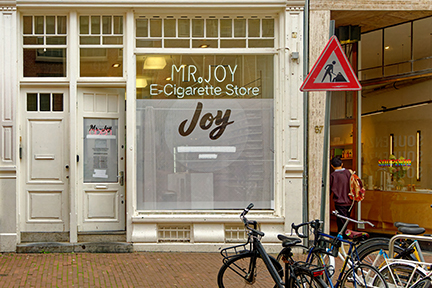Nearly 21% of supermarkets and convenience stores violated the Netherlands’ tobacco and vape sales ban in its first six months, according to the Netherlands Food and Consumer Product Authority (NVWA). The ban, in effect since July 1, 2024, prohibits the sale of tobacco products in supermarkets, hospitality venues, and online. Smaller stores showed the lowest compliance rates.
State Secretary Judith Tielen plans to increase fines and give NVWA stronger enforcement powers, including enhanced inspections and product seizures.
“Every violation is one too many,” said Tielen, who also urged schools and parents to help prevent youth access to vapes. “We will, of course, do what we can to improve, but there are legal challenges and the legislative process takes a very long time.”








